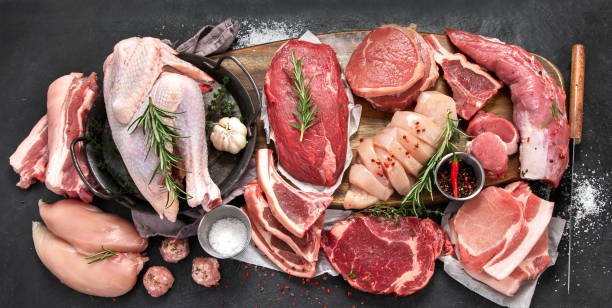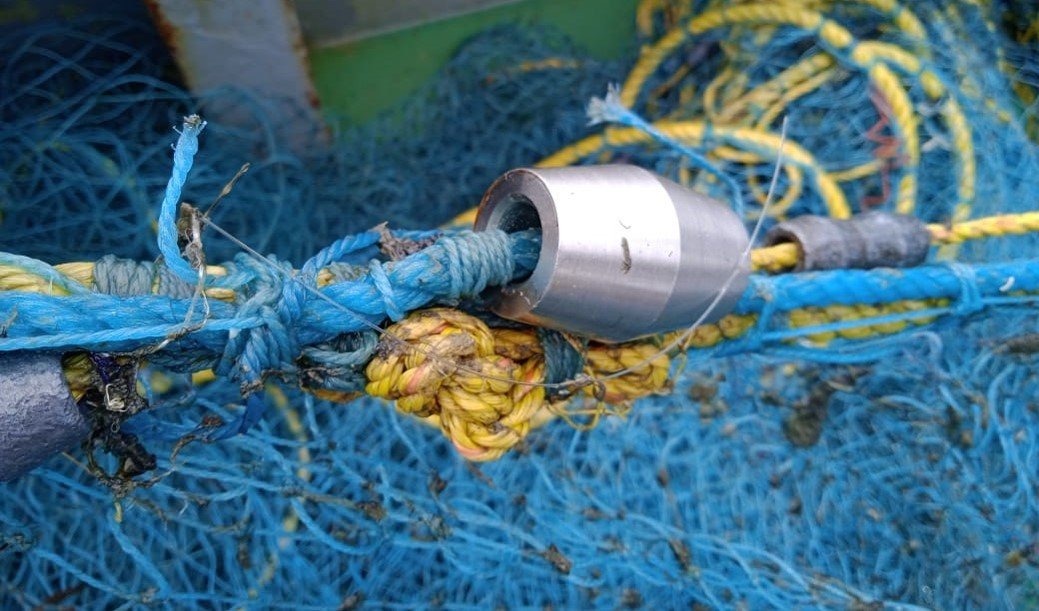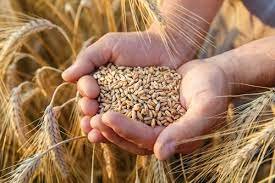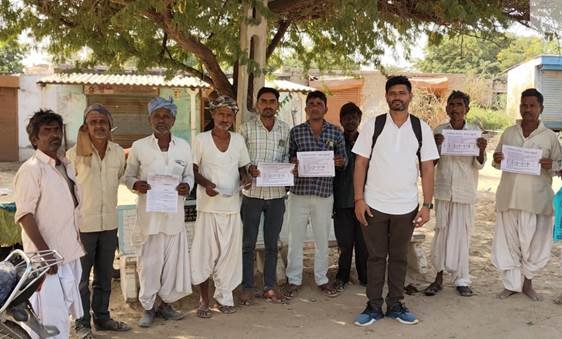CLAAS Farm Machinery integrates with CropX’s Precision Agronomy platform
Through this new integration, users of CLAAS equipment can bring their machine data into CropX for visualization, analysis, and creation of variable rate application tasks.
CropX, the leading global platform for precision agronomy, announced a new powerful digital connection with CLAAS, a global manufacturer of agricultural machinery. Through this new integration between CropX’s agronomy platform and CLAAS’ digital farm and fleet management platform, users of CLAAS equipment can bring their machine data into CropX for visualization, analysis, and creation of variable rate application tasks.
A new integration between CropX’s agronomy platform and CLAAS’ digital farm and fleet management platform, users of CLAAS equipment can bring their machine data into CropX for visualization, analysis, and creation of variable rate application tasks
A new integration between CropX’s agronomy platform and CLAAS’ digital farm and fleet management platform, users of CLAAS equipment can bring their machine data into CropX for visualization, analysis, and creation of variable rate application tasks
The CropX agronomic farm management system combines data gathered from satellites and the field with agronomic knowledge and advanced AI-assisted machine learning to offer a comprehensive understanding of what is happening in the soil. Users get a snapshot of field conditions and receive recommendations on irrigation timing and quantity, nitrogen leaching, and fungal disease crop protection. In addition, users can import data from the world’s most popular agricultural machinery brands, of which CLAAS is the latest. The data can be visualized and used to create maps for variable rate application of seeding, fertigation, and irrigation, and harvest yield maps can be added for planning future seasons.
CLAAS is a major agricultural machinery manufacturer based in Germany. The company produces combines, self-propelled forage harvesters, tractors, loaders, agricultural balers and grassland harvesting machines as well as cutting-edge agricultural information technology.
Taha Ghaznavi, Global SVP of Product at CropX, said, “With this integration, CropX continues to expand the universe of farming machinery that can connect to the CropX system. Data integration is the key to unlocking value from data sets, enabling advances in precision agriculture.”
“With CLAAS Connect and the new interface with CropX, we offer our joint customers enhanced interoperability between systems,” said Wolf-Christian von Wendorff, SVP of Global Digital Solutions at CLAAS. “The seamless integration of agronomic data into the CropX platform enables customers to boost their productivity through informed decision-making, thereby enhancing the efficiency of practices such as irrigation.”
Through this new integration, users of CLAAS














